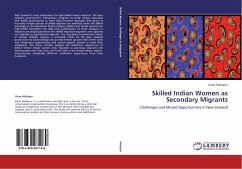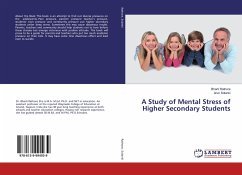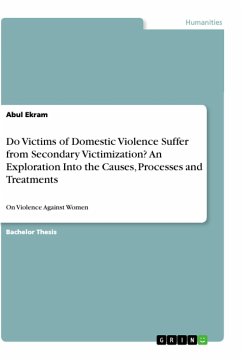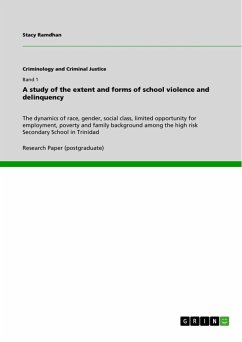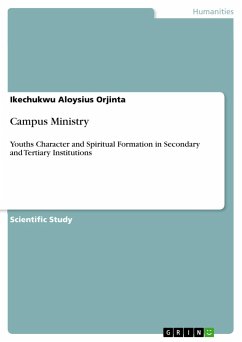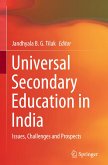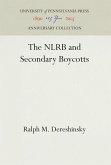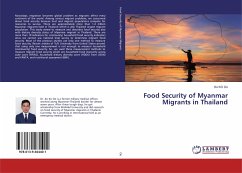New Zealand is a key destination for high-skilled Indian migrants. The New Zealand government s immigration program currently targets educated and skilled professionals to meet labour-market shortages and grow its economy. Female spouses of skilled migrants are admitted under the skilled secondary or the sponsored family category. While most female spouses are high-skilled themselves the skills and qualifications of these category of migrants are largely ignored in the skilled migration equation since spouses are regarded as associational migrants. The increasing transnational nature of human mobility requires a concerted effort by the New Zealand government to acknowledge and provide female spouses with better work and integration opportunities and sound support systems to assist their settlement. This study critically analyses the settlement experiences of skilled ethnic Indian women who migrated as secondary migrants and demonstrates that they have not fared well in the formallabour market, encountering completely different settlement experiences from their husbands.

